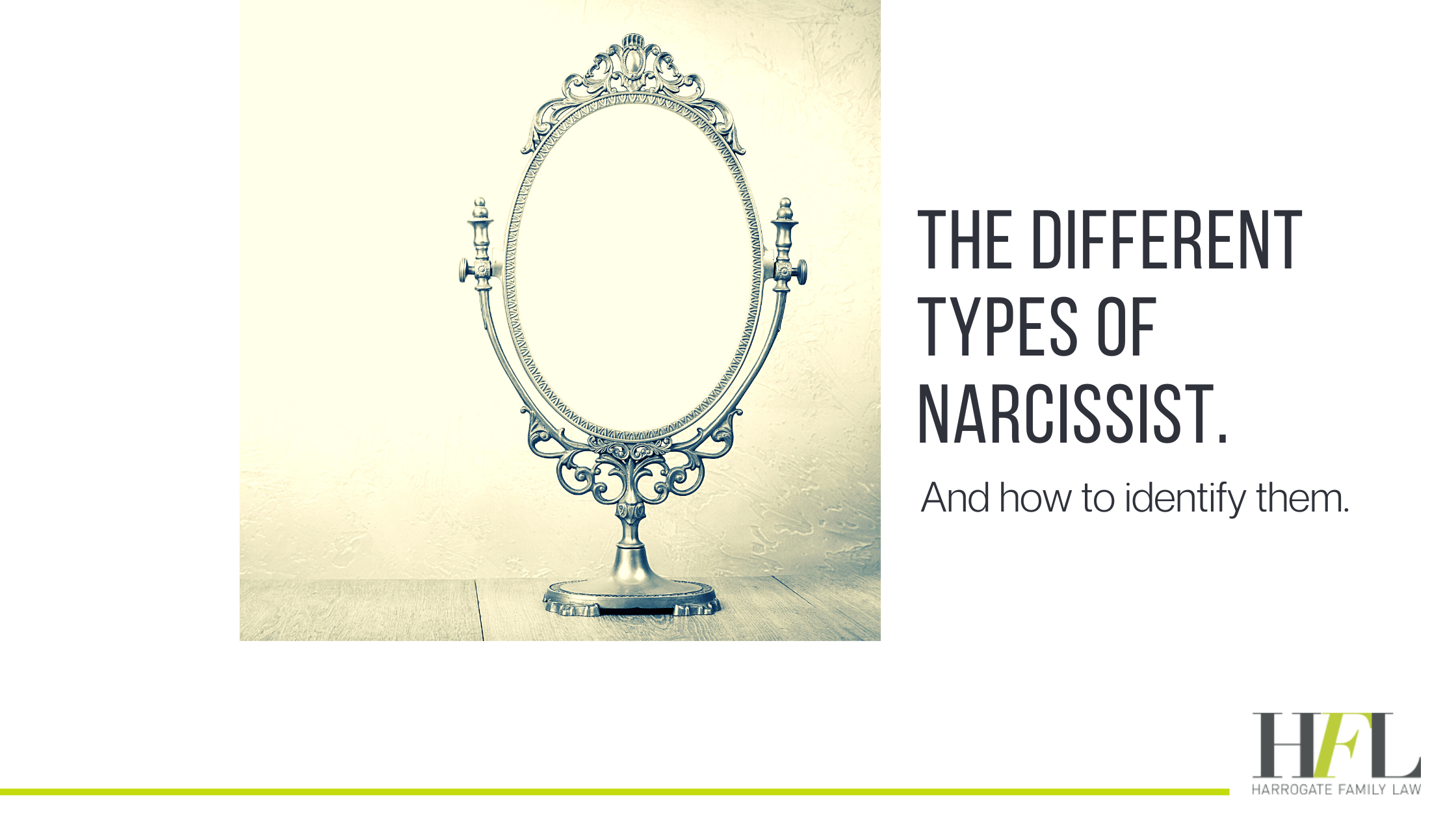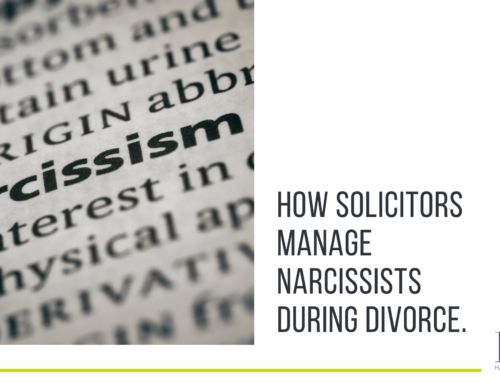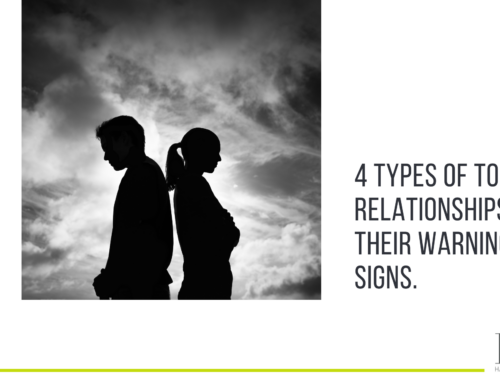To describe someone as a ‘narcissist’ isn’t something to be done lightly. It’s not uncommon for the term to be banded around, without fully understanding what it actually means. While the word narcissist can be used to describe someone who’s incredibly self-centred, it goes beyond hogging the limelight at a party or stealing someone’s thunder.
Here we take a look at what the term means and the very distinct forms it takes.
What is Narcissistic Personality Disorder? (NPD)
Psychology Today defines NPD as a condition that causes someone to possess a pervasive and persistent pattern of self-importance and grandiosity, with a constant need for admiration from others and a need to surround oneself with others who are perceived as powerful and special.
That’s quite a mouthful. If you’re someone who suspects that you might be in a relationship with a narcissist, you might be looking to tick all of those things off your list. However, it’s not quite that simple.
Narcissism takes many different forms and at Harrogate Family Law, we’ve dealt with them all. That’s why we’re providing you with a comprehensive overview of the different types of narcissist
Grandiose “Overt” Type
John Mayer, PhD (a clinical psychologist) says, a toxic narcissist ‘continually causes drama in others’ lives at the very least, and causes pain and destruction at the very worst,’
Considered to be the most severe form of narcissism, this is a type of NPD often associated with other personality disorders. People with this type of disorder are more likely to display higher levels of anger and hostility than those with other types of narcissism. In simple terms, the grandiose overt narcissist might be called toxic, psychopathic or bullying.
Perhaps the most worrying thing, is that they’re far less likely to address the issue and realise their need for treatment.
Fragile/Vulnerable “Covert” Type
Depressive and anxiety disorders are often associated with this type of narcissist. They struggle with criticism. They’ll have huge peaks and troughs when it comes to their self-esteem and self-worth. And because they aren’t as obviously overt with their lack of empathy, this type of NPD can be missed.
The superiority of the covert narcissist is rooted in their need to be recognised. They are completely unable to overcome their own sensitivity and perceived failures. If you find yourself dealing with a partner who is needy, jealous and preoccupied with success, these could all be indicators of covert narcissism.
High-Functioning “Exhibitionist” Type
With a successful and confident persona, it’s easy to miss narcissism here. However, make no mistake that it’s very real. High functioning narcissists possess issues with entitlement and self-centeredness. Unsurprisingly, it’s very common for this behaviour to cause big problems for the relationships they have with other people, particularly a spouse or partner.
You might not recognise the high functioning narcissist until they experience a crisis. Perhaps they’ve lost their job, or are dealing with a divorce. In times of crisis, the high functioning narcissistic tendencies will be more visible.
How to Identify a Narcissist
Identifying a narcissist can be very tricky for a number of reasons. The fact that it’s not uncommon for them to be extremely charming in the first instance is a big problem. Whilst this makes it easy for them to secure relationships, it makes it feel impossible for you as their partner to leave.
Another difficulty lies in the fact that NPD as a condition spans a very large spectrum. It’s almost always difficult to pinpoint exactly what kind of NPD someone may have. There are so many crossovers with symptoms and behaviours. Not to mention that narcissists are unlikely to see their behaviour as problematic given that they’re unable to self-reflect.
Some tell-tale signs
If any of this is resonating, we’ve put together some tell-tale signs to look out for if you suspect that your partner has a form of NPD. Think about whether they:
- Have a disproportionate sense of self (are they self-centred, self-righteous and vain?)
- Have a constant need for approval from others
- Are obsessed with superficial perfection (in themselves or others)
- Are really bad at taking criticism
- Have fluctuating self esteem
- Lack empathy, remorse and compassion for others
- Struggle to control their emotions
You’re not alone, we’re here to help
If you’ve got concerns about any of this, or you need help advice around leaving a relationship with a narcissist, please just get in touch. At Harrogate Family Law, we’ve got a wealth of experience in this area and we’ll be on your side every step of the way.






